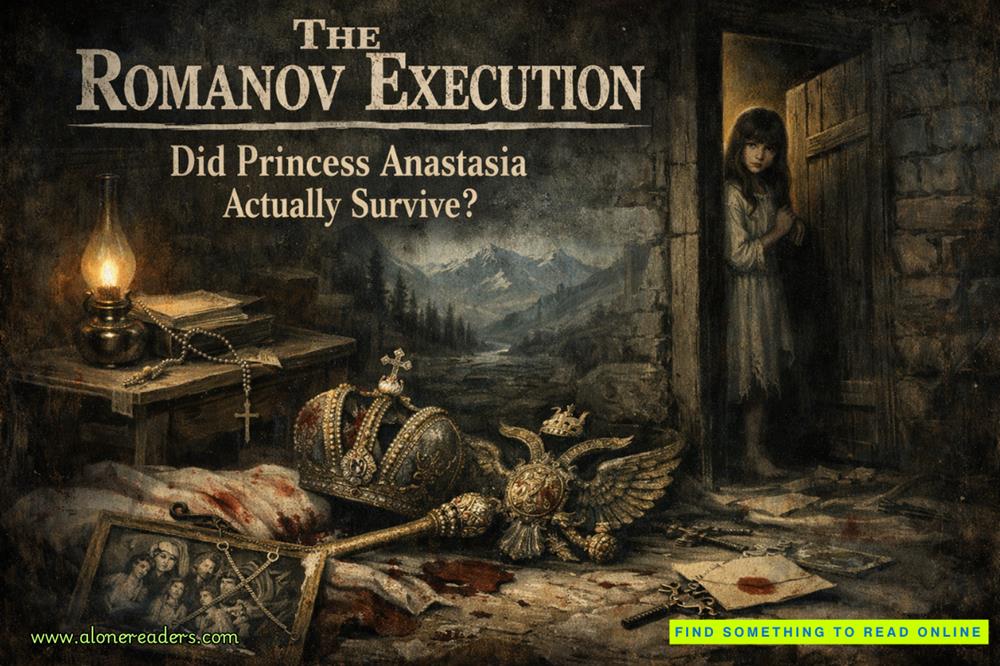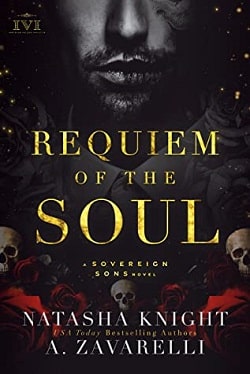“Mama died.”Daniel said it bravely, as if he’d had to repeat the story more than once, but his eyes looked bleak.“She was sick.She said she wrote our family and they was to take us in.But no one came.”Hiding tears, Daniel tried to tempt the kitten from his sister by holding up a tiny piece of bacon, but Daphne had buried her face in the kitten’s fur and wasn’t letting loose.
His simple statement induced a cyclone of emotions that Verity couldn’t quite manage.Tears returned to her eyes, but hope rose in her heart.If their family didn’t want these two precious babes...
Gravesyde wasn’t a real village with taxes and all.They had no money to pay for a workhouse or orphanage.And she wasn’t about to allow these children to be abandoned in an awful place like Birmingham, the only town where they could possibly be taken.
Perhaps, when they found the nanny, she could tell them more.Verity wouldn’t get her hopes up.Yet.
“Well, then, we must find your family like your Mama wanted, mustn’t we?”she said cheerfully.“There must have been some delay on the road.I am sure they are missing two beautiful angels already.Let us get you washed up and tidy and we’ll see about finding your nanny and the pony.”
And if no one claimed these babes, she would.Relief swelled her heart at that decision.
two
Minerva
Minerva Upton hummedas she picked her way past the parsonage drive’s half-frozen mud puddles.She’d been practicing Christmas carols with her sister-in-law and the other ladies at the manor last night and the joy still bubbled.All of Gravesyde Priory had reason to celebrate this year, and she could not remember ever loving the holiday so much.She’d spent the early part of her life following her father’s half-starved troops across the Continent and these last few years moldering in a duke’s library.Now, newly married, she was enjoying her freedom entirely too much.
She truly loved being married, perhaps because she dearly loved Paul.No stiff, formal gentleman, he was a Renaissance man of a sort—kind-hearted enough to handle his wayward parishioners with a gentle hand, talented enough to repair the crumbling chapel and parsonage, intelligent enough to have graduated Oxford and meet her bookish barbs with humor and understanding.How could anyone not love a man like that?
But the foolish creature insisted on eating.Having grown up with pan bread and grease and the occasional overcooked quail wing, Minerva had never developed much interest in food.Not married a month, and she was already failing as a wife.She wished to please her new husband with a nice meal in the morning, if nothing else.Even genteelly-raised Verity could fix breakfast.Of course, Verity’s husband did the baking.
Minerva had to waste the few coins of her meager librarian’s salary on buying bread.Rafe’s inn wasn’t set up for a bakery, but fortunately, the Widow Willoughby provided.She had ancient ovens left over from when there had been a busy village and a real bakery.The bakers had moved away with everyone else, but Willa, with her hermit habits, had remained.She turned out delicious breads and buns and anything else requested.Minerva told herself she was helping a poor widow by providing her with an income.
Unfortunately, her weekly bread-buying meant Paul wouldn’t have a new shirt at Christmas.Even if she might afford the fabric, she wasn’t much at sewing beyond hems and buttons.
She turned off the main road to traverse what could barely be called an alley behind the village shops.Once-lovely thatched cottages, with large yards for pigs and chickens and vegetables, were scattered along this winding pathway.After the earl and viscountess died, the village had died, too, abandoning the cottages to the bank.Minerva wondered how the widow held onto hers all alone.A bakery selling a few loaves of bread a day couldn’t pay a mortgage or even rent.But the lady was reclusive and Minerva didn’t like to pry.Well, not too much.
Oddly, no smoke rose from the great ovens on this chilly morning.Had she arrived too late?Was the baking all done for the day?Or had the widow decided to take a holiday?What on earth would she feed Paul if she couldn’t buy bread?Perhaps Rafe had some extra?
She supposed there was always porridge, but she had no fruit to make it special.What else could be added to ugly, gray porridge to make it appealing?
Well, perhaps Mrs.Willoughby had something leftover from yesterday.Minerva knew how to soften old bread.She knew how to make-do with almost anything, but she was as partial to fresh, hot bread as her husband.She’d learned to eat well since returning from the war-torn Continent.
Bypassing the baker’s unused front door, she turned down a worn flagstone path to the overgrown backyard, and knocked at the kitchen shutters.Age had stripped them of any paint except a few blue flakes in the cracks where the bare wood had weathered.No one answered.
She tried the door, which matched the peeling shutters.Still no response.
Minerva frowned.She’d only lived in Gravesyde since June, but she had never seen Mrs.Willoughby leave her house.She supposed she must.A baker had to buy supplies.But she never attended chapel and one never saw her about.Presumably, a baker had to rise early in the morning and must go to bed before the tavern opened in the evening, One of these days, Rafe would open the inn’s pub, but for now, the tavern was the only neighborhood gathering place besides the church.There was no real excuse not to attend church once the bread was baked, though.
She tested the latch, and to her surprise, the door swung open.“Mrs.Willoughby?It’s just me, Minerva Upton.Are you well?”
Middle-aged but still attractive in an overblown sort of way, the baker had never been talkative, but she always replied.The house echoed empty.
“Mrs.Willoughby?”She entered and called louder.Yes, she was meddlesome.
The kitchen appeared neat as always, the ingredients for breadmaking set out on the old oak table, The two giant baking ovens, however, barely emitted any heat.That was concerning.The stink caused her to peer in.What had she been burning?Old clothes?Had she run out of kindling?Minerva poked at the embers to stir them and called, “Mrs.Willougby?”
Was that a groan?Swallowing hard, she gripped the fire iron and swung around to search the kitchen.She didn’t dither for long.She’d lived with war.Sometimes, lives depended on speed, and she wasn’t timid.“Mrs.Willoughby?I’m coming in,” she cried louder.
She didn’t want to face a shotgun.She’d give any intruder a chance to run out the front, but who would rob a poor baker?She suspected the woman must be ill.
She had never gone past the kitchen before.She peered into the front room.The parlor seemed a little disturbed, but the furniture was sparse.A dog having a romp could have made it look messy, not that the widow had a dog.Feeling ridiculous, she continued gripping the poker.
That was definitely another groan.Heart pounding, she made her way past an ancient wooden settle, a faded sofa, and a spindly writing desk, working her way toward the front door and stairs.
Sprawling across the parlor hearth was a gentleman in a fine caped greatcoat attempting to crawl up on hands and knees and slipping on a saddlebag.“Will you cease that caterwauling, woman?”he muttered, righting himself.
Minerva had seen plenty of drunks in her time.She didn’t smell alcohol, but she’d wager there was an empty bottle of gin about somewhere.She didn’t offer her hand.He wasn’t a large man but still twice her size.“Where is Mrs.Willoughby?”















